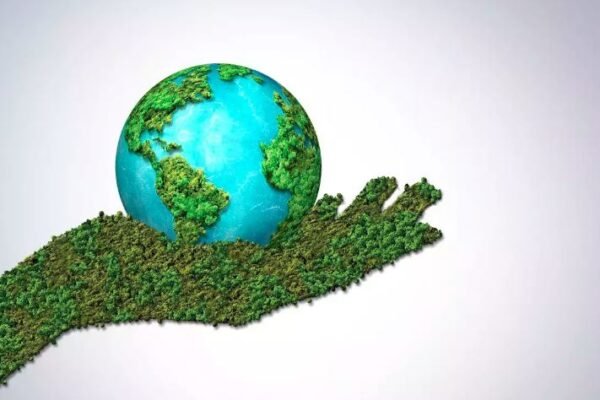
The Link Between Air Pollution and Public Health
Air pollution is a major environmental risk factor with significant implications for public health. The presence of harmful substances in the air can have widespread effects on human health, contributing to a range of diseases and conditions. Understanding the link between air pollution and public health is crucial for developing effective policies and practices to…















